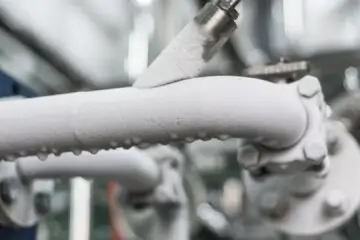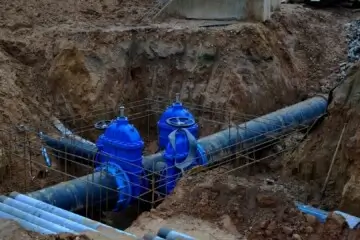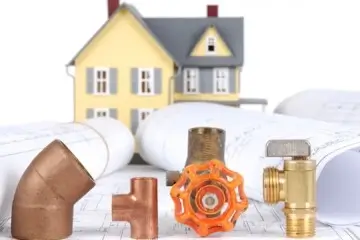Tree roots, grease buildup, inadequate pipe installation, corrosion, and flushing non-flushables are common causes of pipe issues. Tree roots infiltrating underground pipes can lead to slow drainage. Grease accumulation from pouring down drains can result in blockages. Improper pipe installation may cause leaks and decreased water pressure. Pipe corrosion can lead to leaks and discolored water. Flushing non-flushables can cause obstructions and backups. It is important to be aware of these factors to prevent and address pipe problems effectively. Additional insights on avoiding and managing these issues are available.
Contact CAN Plumbing and Drainage for all your Sewer Pipe Needs
When you choose CAN Plumbing and Drainage in Mississauga for your sewer pipe needs, you can trust our expertise in handling common sewer line issues. One frequent culprit we tackle is tree roots that invade pipes and lead to blockages. At CAN Plumbing and Drainage in Mississauga, we specialize in efficiently diagnosing and resolving such problems. Our team is well-equipped to address any sewer pipe clog, whether it stems from tree roots or other common issues. With our advanced tools and knowledge, we can swiftly clear any blockages in your sewer line, ensuring smooth drainage and preventing future backups. Count on CAN Plumbing and Drainage in Mississauga for dependable solutions to all your sewer pipe concerns.

CAN Plumbing and Drainage Services Related to Pipes
At CAN Plumbing and Drainage in Mississauga, we specialize in addressing common pipe issues like frozen pipes and clogged pipes. Our licensed plumbers in Mississauga is equipped to handle these problems efficiently, ensuring your pipes are restored to peak functionality in no time. Contact us today for all your plumbing and drainage needs!
Frozen Pipes
Proper insulation is essential in preventing frozen pipes, a common issue frequently encountered by CAN Plumbing and Drainage Services in Mississauga. Frozen pipes can cause significant damage, especially during colder months. One leading cause of sewer line problems is insufficient insulation of underground sewer pipes. When temperatures plummet, these underground pipes are at risk of freezing, leading to blockages and potential bursts. To mitigate this risk, it is critical to ensure proper insulation of these pipes. Neglecting insulation requirements is often the root cause of sewer line issues. By proactively addressing insulation needs, we can effectively prevent frozen pipes and the costly damage they can bring about.
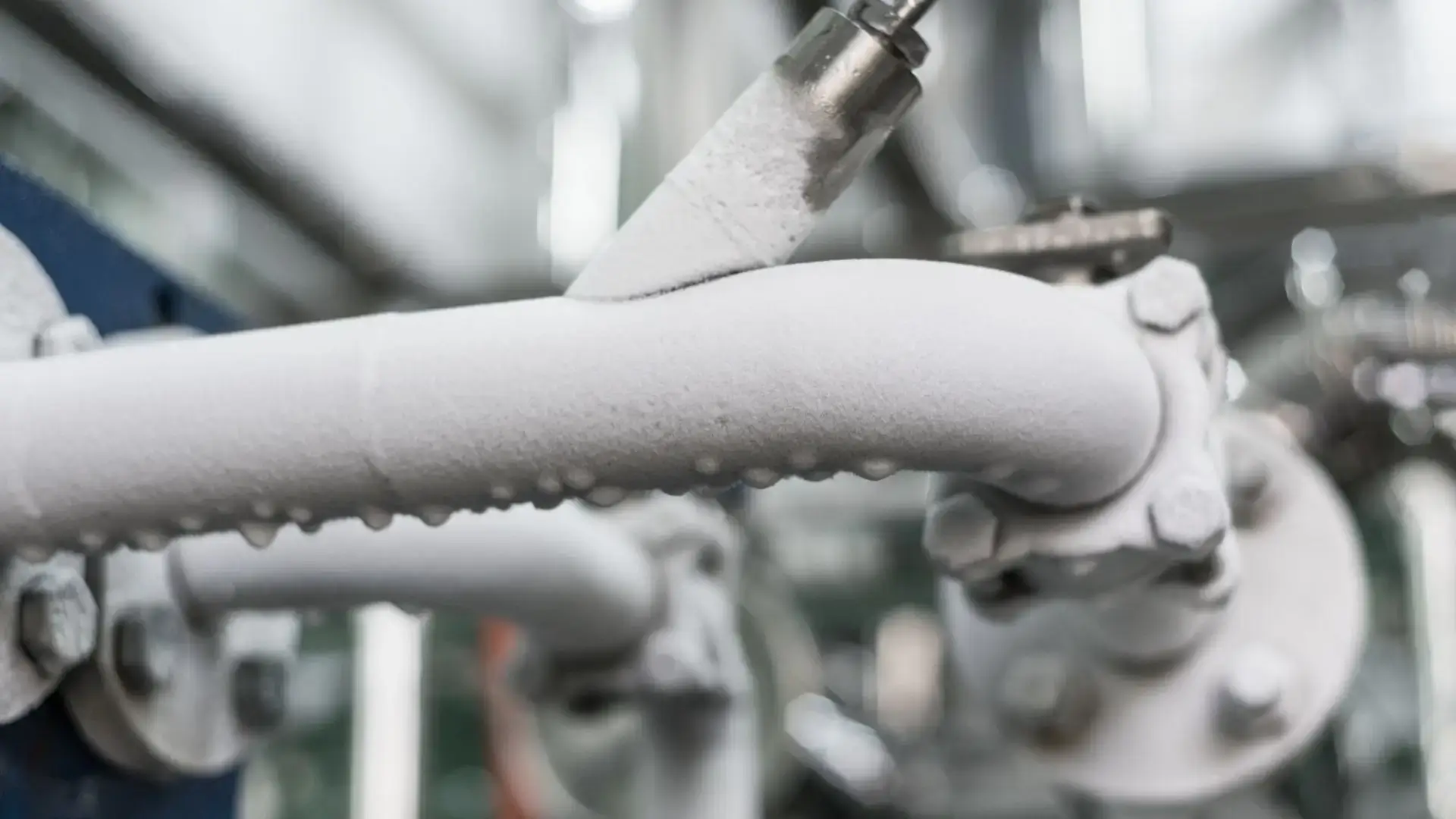
Clogged Pipes
Insufficient maintenance of sewer lines can lead to clogged pipes, a prevalent issue often dealt with by CAN Plumbing and Drainage Services in Mississauga. A clogged drain can result from various factors such as blockages caused by debris or sediment accumulation. When left unaddressed, this can lead to sewer backup and other serious problems. Drain cleaning is a common service offered to address such issues promptly. Blockages can cause water to drain slowly or not at all, indicating a potential problem within the pipe walls. Over time, these blockages can also contribute to corrosion of the pipes, further exacerbating the situation. Regular maintenance and timely intervention can help prevent clogged pipes and maintain the integrity of the plumbing system.

Pipe Corrosion
Pipe corrosion poses a significant threat to plumbing systems if left unaddressed. Sewer line issues often stem from corrosion, which can weaken pipes and lead to leaks or complete failures. Corroded sewer pipes can cause backups, foul odors, and contaminated water. Timely intervention is crucial to prevent costly repairs and health risks. Signs of corroded sewer lines include low water pressure, slow drainage, and discolored water. Regular inspections and maintenance are key to preventing corrosion-related sewer pipe problems and ensuring the longevity of your plumbing system.
Flushing Non-Flushables
To maintain a healthy plumbing system, it’s crucial to be mindful of what you flush down the drains, especially when it comes to non-flushable items. Flushing non-flushables like wipes, paper towels, or feminine hygiene products can cause serious sewer line issues. These items can accumulate in the pipes when flushed down the toilet, leading to blockages that restrict water flow. Eventually, this can result in a clogged sewer, causing backups and potential damage to the plumbing system. It’s important to only flush toilet paper and human waste to avoid costly repairs and inconvenient plumbing issues. Remember, what goes down the drain can significantly impact your pipes.
Poor Pipe Installation
During our recent home inspection, we observed a significant leak in the bathroom, which we suspect may be a result of improperly installed pipes. Poor pipe installation is a common cause of various plumbing issues. When pipes are not installed correctly, they can lead to leaks, reduced water pressure, and even broken sewer pipes. These issues not only result in costly repairs but can also disrupt the entire plumbing system. Proper installation is crucial for ensuring the longevity and efficiency of the plumbing system. It is important to hire qualified professionals to handle pipe installation to avoid potential sewer problems associated with faulty installations.
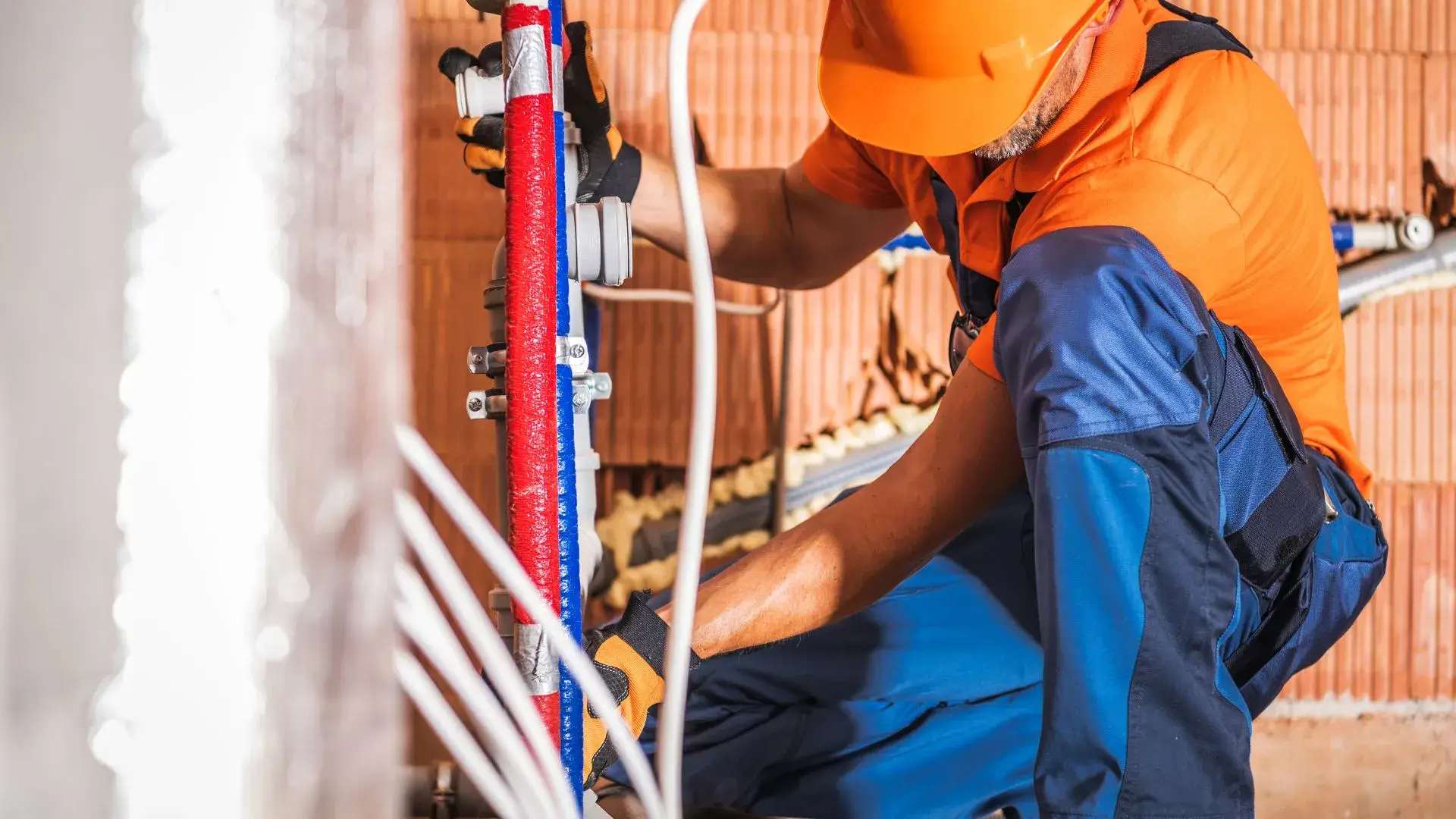
Tree Roots
When tree roots invade underground pipes, they can cause significant damage to the plumbing system, resulting in costly repairs and disruptions in water flow. Tree root intrusion is a common cause of sewer line breaks, especially in older properties with main sewer lines near trees. Signs of a sewer line affected by tree roots include slow drainage, gurgling noises, and sewage backups. If left untreated, tree roots can lead to the need for extensive pipe replacement and frequent plumbing repairs. To prevent tree root intrusion, consider planting trees away from underground pipes and scheduling regular inspections to detect and address any early signs of root infiltration.
Grease Buildup
Dealing with grease buildup in pipes is a common issue that can lead to clogs and plumbing problems. When we pour grease down the drain, it may seem vital at first, but over time it can solidify inside the pipes, causing blockages. These clogs can result in slow drainage, foul odors, and even more severe issues like clogged sewer lines. Addressing grease buildup promptly is essential to prevent costly sewer line repair. One of the main causes of sewer line problems is the improper disposal of grease. To avoid the hassle of sewer line repair, adopting proper maintenance practices like regular pipe relining and refraining from pouring grease down the drain is necessary.
Frequently Asked Questions About Pipes Near Me
How Can I Prevent Tree Roots From Causing Damage to My Sewer Pipes?
To prevent damage to sewer pipes from tree roots, it is important to plant trees at a safe distance from underground lines, use root barriers, and regularly maintain the pipes. These simple steps help avoid costly repairs and ensure the smooth operation of the sewer system.
What Are Some Signs That Indicate Poor Pipe Installation?
Signs of inadequate pipe installation may manifest as leaks, reduced water pressure, and sluggish drainage. These issues often stem from improper fittings, insufficient seals, or incorrect grading. Timely maintenance can help identify and address these problems early on.
How Can I Effectively Clean Grease Buildup in My Pipes?
We utilize a blend of hot water and vinegar to efficiently tackle grease buildup in our pipes. Simply pour the mixture down the drain, allow it to sit for a period, and then flush with hot water to maintain clear pipes.
Are There Any DIY Methods to Prevent Pipe Corrosion?
Regular maintenance such as flushing with hot water and vinegar can help prevent pipe corrosion. Installing a water softener and avoiding harsh chemicals can also extend the lifespan of your pipes.
What Are Some Common Non-Flushable Items That Can Cause Issues in My Pipes?
It’s important to be mindful of what goes down our drains to avoid issues. Common non-flushable items that can cause pipe problems include grease, hair, wipes, and feminine hygiene products. These items are known to create clogs and may result in expensive repairs.
Please rate our website
Let us improve this post!
Tell us how we can improve this post?
